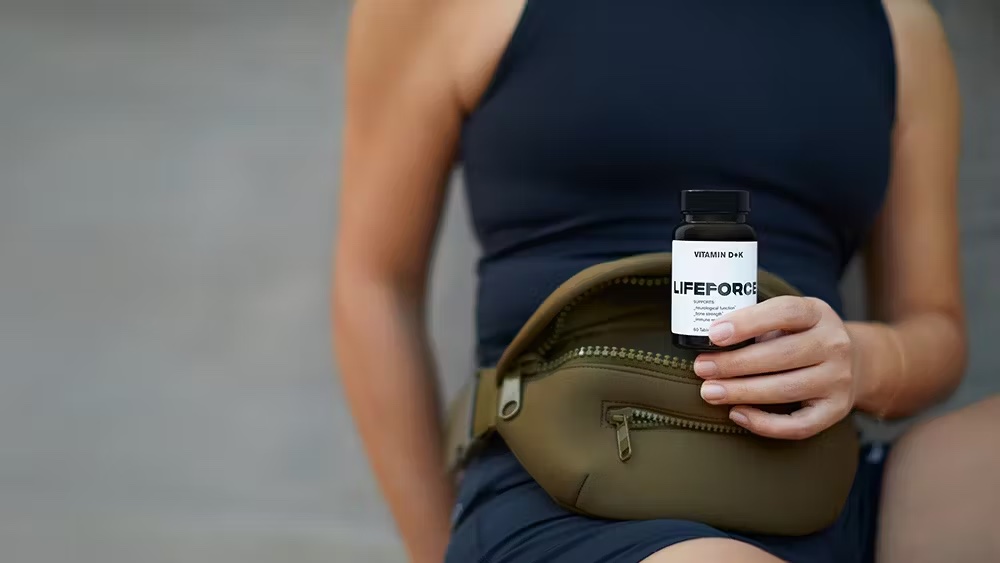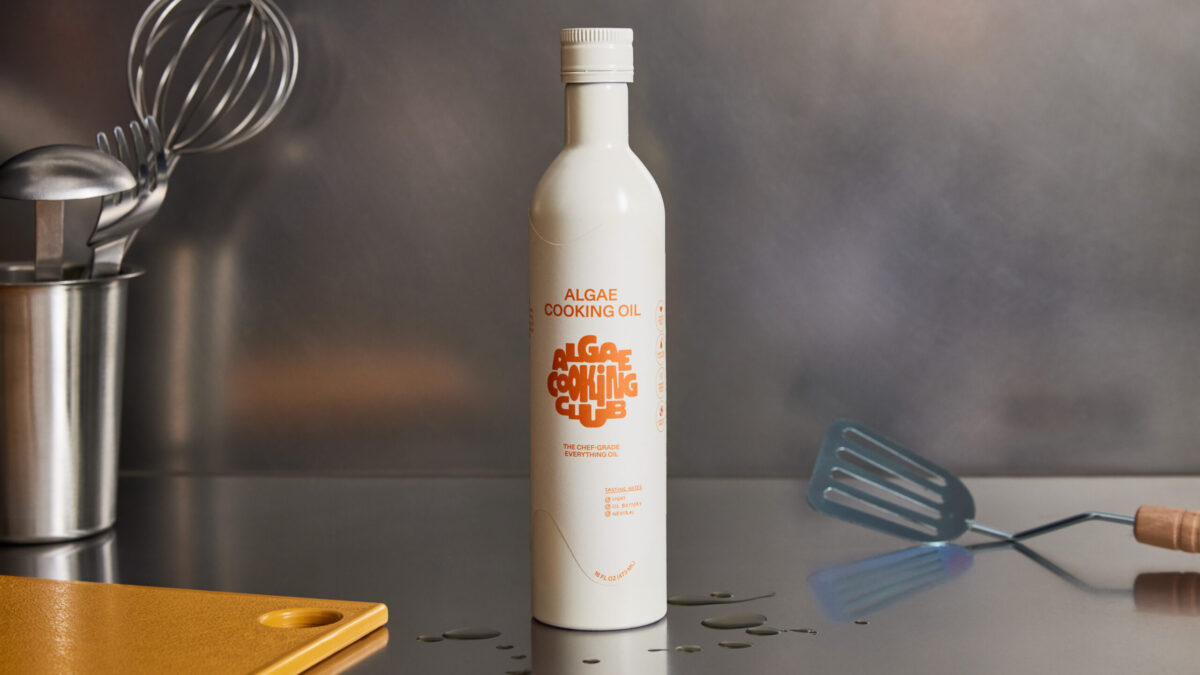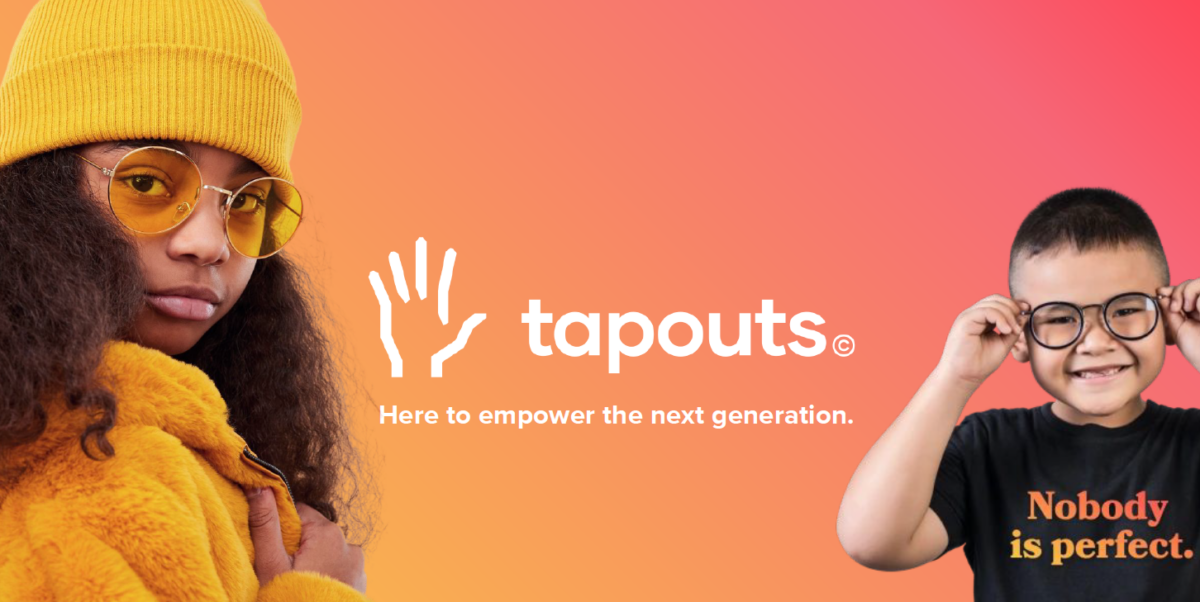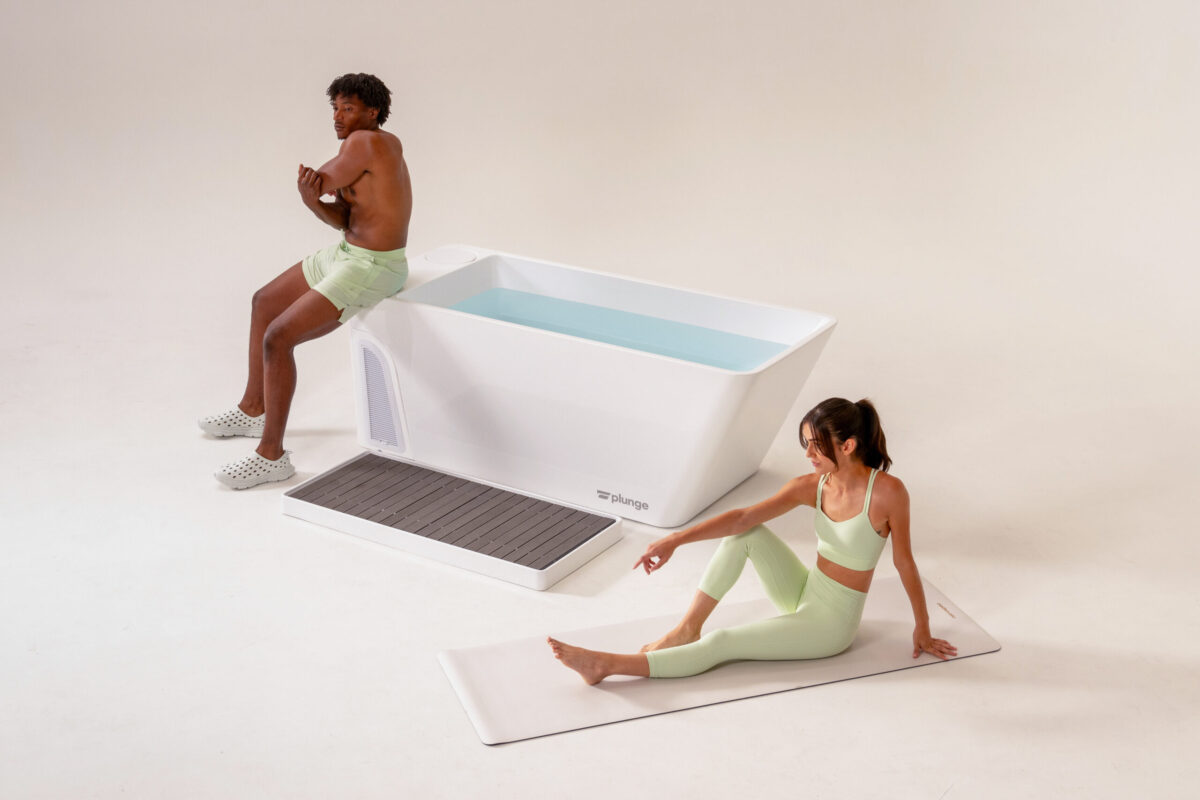In this Q&A, you’ll hear from Dugal Bain-Kim, co-founder and CEO of Lifeforce, a health optimization platform. Dugal discusses how the reactive nature of traditional healthcare led him to precision diagnostics, personalized nutrition, and a platform seeking to elevate well-being now and into the future.
Can you tell us about what you’re working on at Lifeforce?
Dugal Bain-Kim: Lifeforce is your proactive health partner. We provide you with the data to understand your body, the experts to interpret it, and the tools to make the right decisions at the right time.
Starting with an at-home blood draw to test 40+ biomarkers, we create personalized proactive health plans that include the exact recommendations tailored to each members’ individual biology and goals — all facilitated by a convenient digital experience. Our programs are designed to improve performance and quality of life, reduce the risk of premature death through major disease, and slow age-related cellular decline.
This is unique in a number of ways. Lifeforce is the first all-in-one platform for optimizing health and longevity safely and effectively. Unlike traditional healthcare, we are not waiting for things to break before treating them. We focus on empowering our members to understand trends in their bodies earlier and take the right scientifically validated actions to function at their best for as long as they can.
Our fully telehealth-driven model reduces the fragmentation that many people experience with their health and wellness, allowing them to take control of how they feel, function, and live from the comfort of their homes.
How did you come up with the idea? What key insight led you to pursue this opportunity?
DBK: My “why’” is most certainly my family. After the birth of my first child, I found myself slipping into bad habits and, ultimately, not feeling as great as I used to. I wanted to prioritize my health so that I could enjoy this time in my life and have peace of mind that I was going to be around for a long time.
Unfortunately, the tactics that used to work for me were not working anymore and, for the first time in my life, I wasn’t feeling in control of what was going on in my body. For example, I had no understanding of my own hormonal changes during this time and what that meant for my cognition, energy levels, and libido.
Knowing I now had my family relying on me, I started researching longevity and health optimization — and that’s when I had my lightbulb moment. I realized that because of advances in medical science and technology, I didn’t have to just put up with feeling average. That’s not a thing anyone had spoken about with me in the traditional healthcare setting.
I began arming myself with the most recent studies and information to not only utilize for myself but to build a business making that sort of health optimization widely accessible. I knew that if I was in the dark about some of this, then most men and women at this stage in their lives probably were too.
During that exploration, I was lucky to meet a group of fantastic co-founders in Joel Jackson, Tony Robbins, and Dr. Peter Diamandis through Courtney Reum of M13 Ventures. They were on their own similar journeys and were also excited to build the company that makes this available to millions of people.
How did you turn your idea into a company?
DBK: After our first meeting, we knew that combining forces and bringing our ideas together would ultimately expedite where we wanted to be, and in February of 2022, Lifeforce was born.
Our first few months saw us grow to over 1K customers quickly. We knew we had strong validation around our idea and had to move quickly to take advantage of this early momentum.
We couldn’t overspend but also wanted to surround ourselves with a talented team. After launching with a handful of doctors and staff, we tripled our team size by the end of our first year to meet the demand driven by strong organic referrals.
I think the most exciting revelation after year one was seeing the impact—with concrete data—that our programs were having on our members’ quality of life and on the biomarkers that will drive how long they live.
Just 15 months into our journey, we closed our Series A earlier this year, which allows us to invest in some strategic acquisition channels as well as continue to build out our team and our digital platform.
We continue to strengthen the team and, most recently, we added a crucial role to our leadership with the hiring of Dr. Kurt Hong, our new chief medical officer.
How big can this get? What’s the addressable market and how do you go about capturing it?
DBK: In an April 2021 report, McKinsey found that the overall wellness market was worth $1.5T, with 88% of people worldwide saying they wanted more personalization in their healthcare regimens.
And we know that people are craving a new way to take care of their health because of certain emerging everyday habits:
- Over 2.5M weekly downloads of health optimization-related podcasts
- 650K monthly searches for health optimization terms
- 70% forecasted annual growth of personalized supplements (vs. 7% conventional)
Who is the core customer?
DBK: Our customers, men and women in their 30s through 60s, share a commitment to being intentional with how they live their lives.
They want to feel in control of their health and be proactive with the aging process. They prioritize truly understanding their bodies and making the right decisions at the right time. They are generally active in some capacity already and seek improvements in key areas when taking advantage of our membership, like increased energy, improvements to body composition, better sleep, and improved long-term mortality risk.
Looking at your road map, what are some of the milestones you’re targeting over the next 3-6 months?
DBK: Beyond membership growth and platform improvements, we are focused on building the largest proactive care data set in the world, as well as creating an automated recommendation engine that lowers the financial barrier to entry.
Looking forward, we hope to develop partnerships with healthcare providers, wearables makers, and other industry innovators to further extend the closed loop of actionable and personalized health data and care.
Anything else you’d like to share with readers?
DBK: Typically, we see members having 30% of their key biomarkers out of range upon initial testing. Many people are walking around feeling “fine” but truly in a place of need to address important health issues before they become unmanageable.
Often, the issues are a combination of things that are affecting the quality of their lives, like hormone balance and key nutrient deficiencies, plus things that will affect how long they live, like organ health and cardiovascular risk.
For people reading this thinking, “I’m pretty healthy,” we respond: “How do you really know? You should.”
If you are interested in measuring your baseline to get a better picture of your health while leveraging personalized programs and tracking tools built especially for you, we invite you to try our platform.
Related content from Fitt Insider:
Dugal Bain-Kim on the Fitt Insider Podcast
Health Optimization Platform Lifeforce Raises $15M
If you’re interested in having your company featured in our Startup Q&A series, send an email to team@fitt.co.
 Lifeforce
Lifeforce


